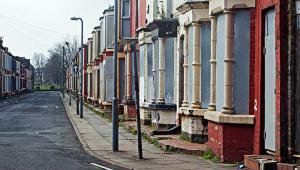A 63% cut in core funding from government since 2010 alongside a population boom has put public services in the capital under “significant pressure”, according to London Councils.
The organisation launched a campaign over the weekend to secure a long-term funding settlement for local government, including devolution of local taxes in the capital.
“This will deliver clearer local accountability for both raising revenues and investing in local public services,” the group claimed.
A London Councils report, published as part of the campaign, stated: “We believe that councils are best placed to take decisions about their local residents and should be further empowered to do so”.
It called for London government to have access to a greater range of taxes including control over the full suite of property taxes — business rates, council tax and stamp duty.
The group, which represents all 32 London boroughs, said there would be a £4bn cut to core funding for local services between 2010 and 2020.
Population growth of 900,000 (11%) since 2010 in London is more than double that of the rest of England, and the capital has had to provide services to an additional 500,000 people without additional funding.
Peter John, chair of London Councils, said: “If government fails to act now it risks destabilising the essential public services that councils provide, harming vulnerable people and putting pressure on other public services such as the NHS, schools and the police. Many council budgets are already on the brink.”
London Councils’ report said the pressure would only continue, with London boroughs needing to make £2bn in savings over the next four years to balance the books, all while the city’s population is projected to grow by 6% between now and 2025.
The report also called for funding for children’s services, adult social care and homelessness to match the scale of demand.











